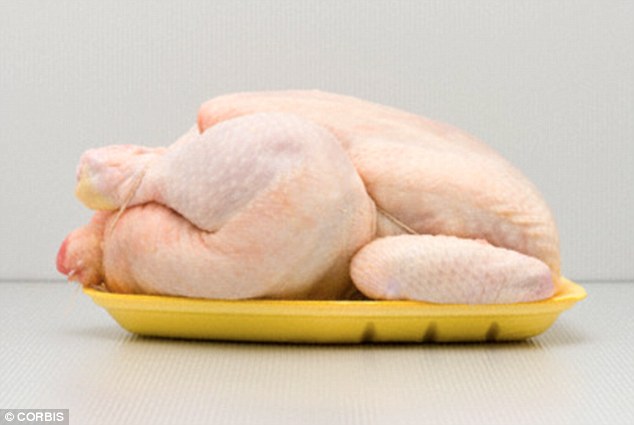Gambia unveils cabinet
Banjul — Ten of the new Gambian government’s 18 ministers were sworn in Wednesday, less than a week after freshly-elected President Adama Barrow arrived in the country following a major political crisis.
In a vote in December, Barrow defeated longtime leader Yahya Jammeh, who during several weeks refused to step down.
Barrow left the country for Senegal, where he remained until Jammeh agreed to step aside and go into exile.
Among the cabinet members sworn in were Foreign Minister Ousainou Darboe, a veteran of the opposition to Jammeh’s regime.
Special advisor to Barrow, Mai Fatty, was sworn in as interior minister, while the ex-treasurer of the main former opposition, Amadou Sanneh, became minister of finance.
Both Sanneh and Darboe were recently released from prison, where they were serving sentences imposed during Jammeh’s 22-year iron-fisted rule.
Barrow last week chose a former minister of Jammeh’s government as vice-president.
Fatoumata Jallow-Tambajang has been described as the woman who persuaded The Gambia’s divided opposition parties to club together and field a single candidate in the election which Barrow eventually won.
Eight more ministers have yet to be named.
“The rest of the appointments . . . will be determined based on the competences of the individuals, their experiences and their professionalism,” Barrow’s spokesperson Halifa Sallah told reporters.
Meanwhile, Locked inside a tiny cell, Imam Alhagie Ousman Sawaneh was only allowed out an hour each day.
For one year, three months and nearly 10 days he sought the answer to one simple question: “What have I done?”
Like so many others who disappeared in the dead of night in Gambia, Sawaneh had few answers as to why he had been targeted and imprisoned by dictator Yahya Jammeh’s regime.
The 65-year-old had been picked up as he led volunteers clearing grass in the local cemetery in October 2015 and held at a prison in the Central River Region.
While he had helped present a petition calling for the release of arrested rice farmers, he never dreamt that would cost him his freedom.
Now he, like so many others in a new Gambia, can only look forward.
“For 22 years, there has been suffering, killing,” Sawaneh said with pain and conviction in his eyes. “Jammeh has gone. Gambia is here . . . Let’s work on the country for us.”
Sawaneh was released on January 24, just days after Jammeh fled into exile in Equatorial Guinea under an arrangement brokered by fellow West African leaders.
It was the end to a political crisis sparked by Jammeh’s refusal to cede power after losing December’s presidential election to opposition candidate Barrow.
In the final days of Jammeh’s rule, political prisoners started to be released.
An untold number, though, are believed to still be held at the notorious Mile Two prison.
Rights groups are calling on the new government to open the doors to release them all and start investigating what happened to those who disappeared and are feared dead.
Barrow is already talking about putting together a truth and reconciliation commission similar to the one put into place after apartheid in South Africa.
Barrow is adamant that talk of prosecutions is premature, and that the focus must remain on investigating the human rights abuses under Jammeh’s rule.
Since his release, Sawaneh has been receiving community members from before sunrise to well after sunset.
He said people have called from Japan, China and countries in Europe to send their thoughts and prayers to him and Gambia. Sawaneh sits tall and gestures widely, with energy and enthusiasm.
He welcomes people into his low-lit sitting room, while his grandchildren run around.
He is surrounded by the family and friends who had feared the worst for months.
They can now rest easy, despite the dark circles under their eyes.
“His return will help people heal,” said his daughter Fatoumata Sawaneh. “We heard so many bad things. Some people said he might be dead. Now he is back healthy, and everybody is happy.”
Imam Sawaneh is determined that Gambia’s future will be bright if Gambians on all sides join together and Barrow works for the people who elected him.
“Allah has given me the chance to be freed by the new elected president,” he said. “I’m the happiest person now.”
— AFP










Comments